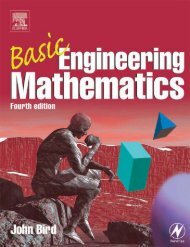How-to-Write-a-Better-Thesis
Create successful ePaper yourself
Turn your PDF publications into a flip-book with our unique Google optimized e-Paper software.
4 1 What Is a <strong>Thesis</strong>?<br />
minor thesis, it is the first time that they have conducted original research. From my<br />
experience, one of the main struggles occurs in making the transition from ‘research<br />
consumption’ <strong>to</strong> ‘research production’. Minor theses are closely supervised and, very<br />
often, stem from research that is of direct interest <strong>to</strong> the supervisor. An Honours thesis<br />
is typically produced within a year alongside the demands of coursework. For the<br />
most part, they are assessed within the students’ department; note, therefore, that the<br />
readership is well-known and thus the writing can be tailored <strong>to</strong> fit the audience.<br />
At the Masters degree level, there are two types of theses. One is a minor thesis,<br />
with length limits ranging from 10,000 <strong>to</strong> 25,000 words. It is completed within one<br />
or two years alongside coursework, and usually requires one or two semesters of<br />
full-time effort. Much like those at the Honours level, minor theses are assessed<br />
within the department by a set of internal criteria.<br />
The second type is a ‘Masters by research’ thesis of 30,000 <strong>to</strong> 40,000 words. It<br />
is much more substantial than those that are written by coursework students as it<br />
is the result of full-time research over one <strong>to</strong> two years. This thesis is examined by<br />
experts in the field outside the department. In some departments, students first join<br />
the field by writing a Masters thesis; if it is considered <strong>to</strong> be of high quality and can<br />
be extended, it can be converted in<strong>to</strong> a doc<strong>to</strong>ral thesis.<br />
A ‘Doc<strong>to</strong>r of Philosophy’ is earned by the successful completion of a PhD thesis.<br />
For PhD students, the word limit of a thesis is 1,00,000 words; most students write<br />
approximately 80,000 words. In Australia, a PhD thesis is typically produced in<br />
3 years of full-time study. It is examined by two experts who have themselves supervised<br />
doc<strong>to</strong>ral work; and they are likely <strong>to</strong> be located at an international research<br />
institution.<br />
There are other types of doc<strong>to</strong>rate, <strong>to</strong>o, including those in education, by exhibition<br />
(in fine arts), or by publication, but these are beyond the scope of this book. All<br />
of these should be described in the policies on your university’s website.<br />
Look at Other Theses<br />
It’s now time <strong>to</strong> look at some other theses. Most supervisors have a few on their<br />
shelves that they may be willing <strong>to</strong> lend you. Reading these works will be a good<br />
start, but don’t s<strong>to</strong>p there. Probably they follow a pattern set by your supervisor’s<br />
own ideas of a good thesis, and almost certainly they will be typical of what your<br />
own department thinks is acceptable. So go out and look at theses from across a<br />
range of disciplines, and even theses from other countries. As presentation and<br />
style change relatively rapidly, look at theses that are no more than 3 years old.<br />
If applicable, examine a mix of kinds of studies, both qualitative and quantitative<br />
(see Chap. 8). Try and find work that is outside your field, but makes use<br />
of a similar methodology. After you have skimmed several, select some that are<br />
coherent, and some that are not so clear, and go through a few of them with your<br />
supervisor.<br />
Read the theses as if you were an examiner. With the guidelines for examiners<br />
in front of you, begin the assessment of each of them by first looking at the overall


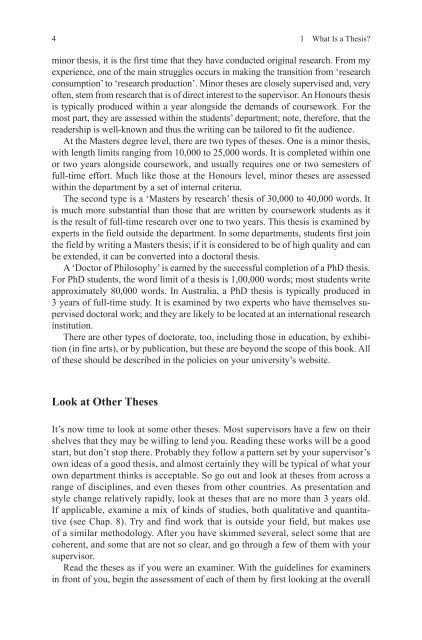


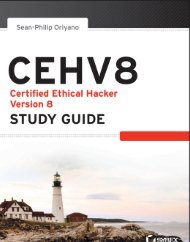

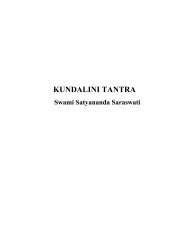
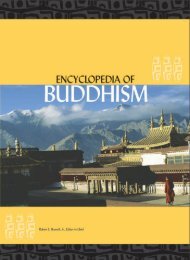





![[Lonely Planet] Sri Lanka](https://img.yumpu.com/59845622/1/169x260/lonely-planet-sri-lanka.jpg?quality=85)


